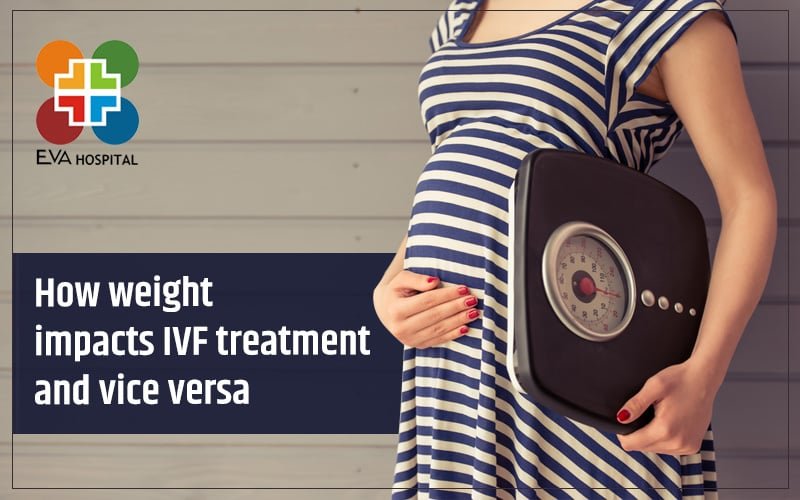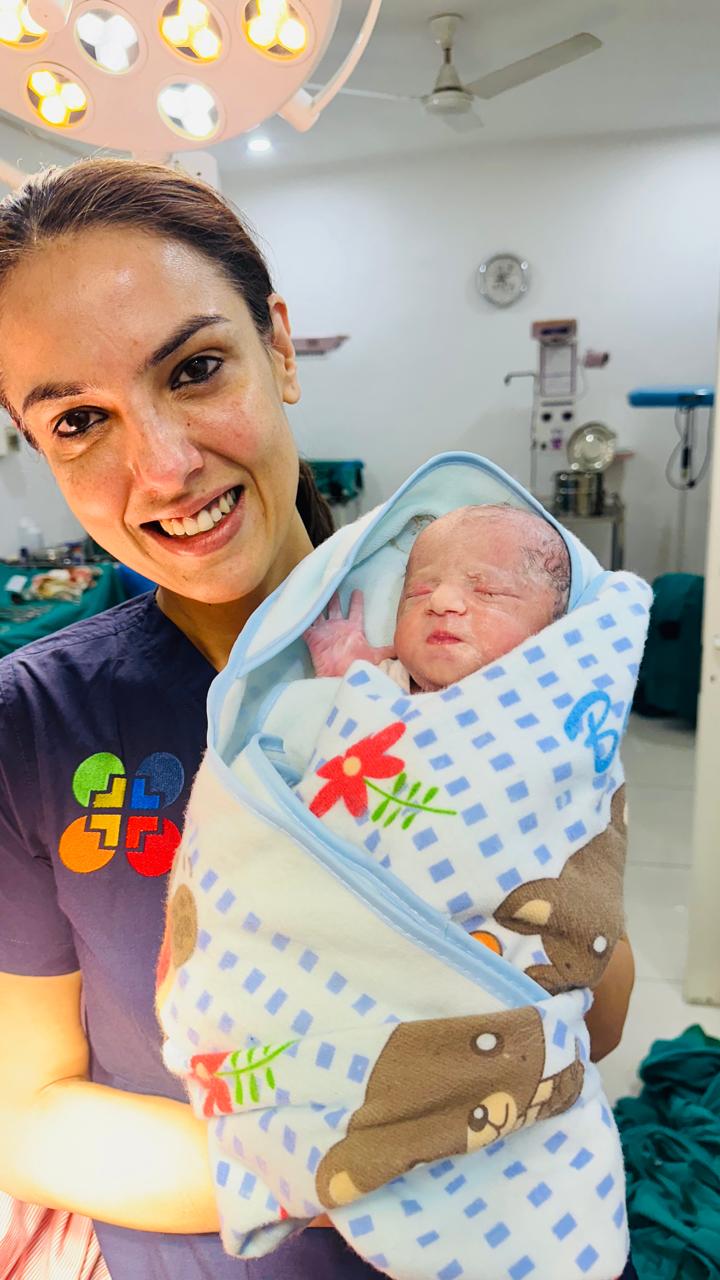[vc_row el_class=”cstm_container”][vc_column][vc_column_text]According to the World Health Organization, a BMI of over 25 is overweight, and more than 30 is obese. Obesity is known to make a person more susceptible to a wide variety of medical issues. According to the WHO, obesity can impact the heart, liver, kidneys, joints, and reproductive system.
How does weight impact fertility?
When it comes to fertility, not only does obesity interfere with natural conception but also reduces a couple’s chance of getting pregnant through the use of artificial reproductive techniques like IVF.
Research shows that the procedure of oocyte recovery is more challenging in women with high BMI. In comparison with women of normal weight, overweight women have significantly fewer oocytes retrieved. Studies also indicate overweight women have lower fertilization rates, fewer cleaved embryos, fewer high-grade embryos, and fewer cryo-preserved embryos. Implantation, pregnancy, and live birth rates are found to be better in women with a healthy weight.
Since there is a positive correlation between weight and ART success, body mass index (BMI) is a crucial benchmark used to predict the success rate of infertility treatments. It is no surprise then that people with a BMI in the range of 35 are advised to first work on weight loss before an IVF treatment can be initiated.
People with higher BMI will have to take a higher dosage of medication, and wait longer for the desired results from these medications if they were to go for an IVF treatment. Overweight women are also a lot more vulnerable to pregnancy complications, including miscarriages.
IVF-generated weight gain
The state of obesity worsens if a woman with an underlying weight problem is able to somehow conceive. Once pregnancy occurs, weight gain becomes inevitable— Pregnancy is an anabolic state due to which there is an increase in maternal fat to meet the feto-placental and lactational requirements. Among women undergoing IVF treatment, weight gain is the result of hormonal changes, water retention during ovarian stimulation, lack of exercise, and food cravings. Weight gain is not directly the effect of IVF treatment as such. That said, data show that women can gain between 13 to 15 pounds per IVF cycle.
How to manage weight before, during, and after IVF?
Experts are of the opinion that before the IVF treatment starts, any drastic steps taken to shed those extra kilos would cause long-term health issues. This is why women planning to get pregnant should avoid going for a quick-fix intensive dieting or workout regime. A more pragmatic approach will be to stick with a moderate exercise regime like yoga, meditation, walking, etc. These can be continued during and after the pregnancy as well unlike strenuous exercise regimes that might actually jeopardize your chances of getting pregnant. In combination, dietary changes must also be made to increase the intake of a balanced diet rich in micronutrients and avoid unhealthy snacking on high-calorie and sugar-rich food items.[/vc_column_text][/vc_column][/vc_row]


















